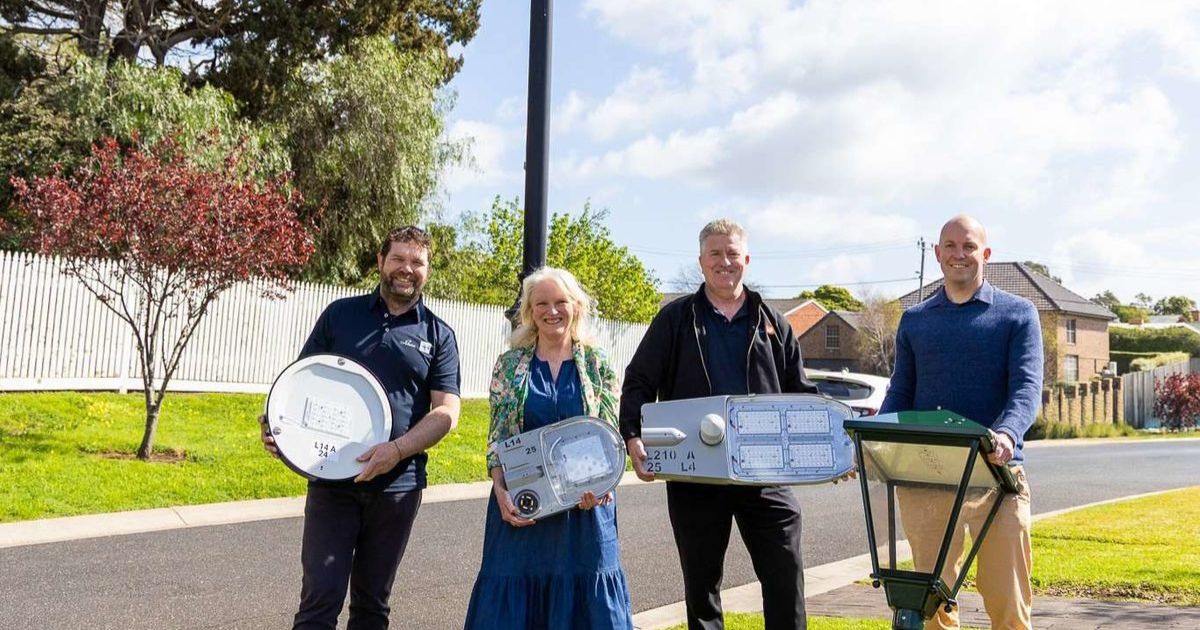Parkinson’s pilot to transform Australian care

The University of Tasmania's Menzies Institute for Medical Research Professor Michele Callisaya and Fight Parkinson's CEO Emma Collin. Photo: SUPPLIED
FUNDING from Fight Parkinson’s and the University of Tasmania will bring a new pilot program in the fight against Parkinson’s to Western Victoria.
The $3.7 million investment will deliver the internationally recognised ParkinsonNet model to Australia. The model, originally developed in the Netherlands and proven in the United States, works to improve health outcomes, reduce disability, lower hospitalisation rates and cut healthcare costs for people living with Parkinson’s.
Funding includes $2.88 million from the Medical Research Fund, awarded to the University of Tasmania, and $815,000 raised through Fight Parkinson’s.
The pilot will take place in Geelong, the Bellarine and parts of Tasmania, and will be led by Professor Michele Callisaya of the University of Tasmania’s Menzies Institute for Medical Research.
“By integrating ParkinsonNet into Australia’s healthcare system – through this $3.7 million MRFF and community-funded pilot – we will upskill health professionals, strengthen visible networks, and ultimately improve outcomes for the 220,000 Australians living with Parkinson’s,” Professor Callisaya said. Parkinson’s is the fastest growing neurological condition in the world and causes problems with movement, mental health, sleep, pain and more.
Geelong local and former Member for Lara John Eren was diagnosed with Parkinson’s in 2019, and said the initiative is a significant milestone for people living with the condition.
“ParkinsonNet is a big win for regional communities and shows what is possible when lived experience, medical expertise and community advocacy come together,” he said. “Parkinson’s does not discriminate, but unfortunately, access to care still does.”
The outcome of the pilot will be a roadmap and National ParkinsonNet Centre, designed to create a legacy of improved care and support for people living with the condition.

















